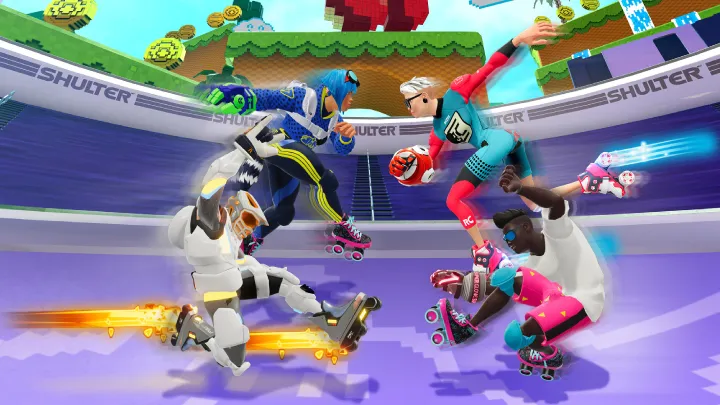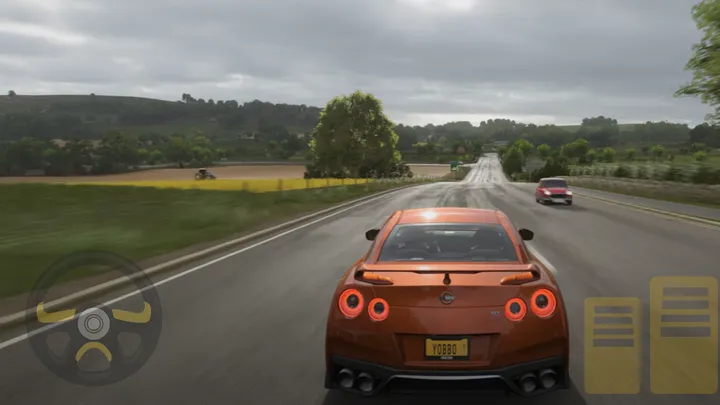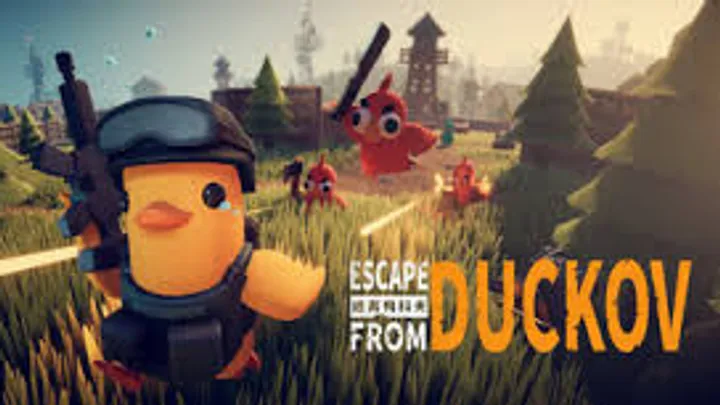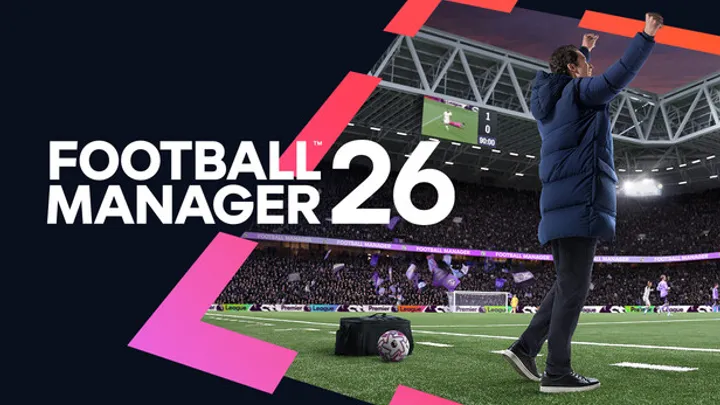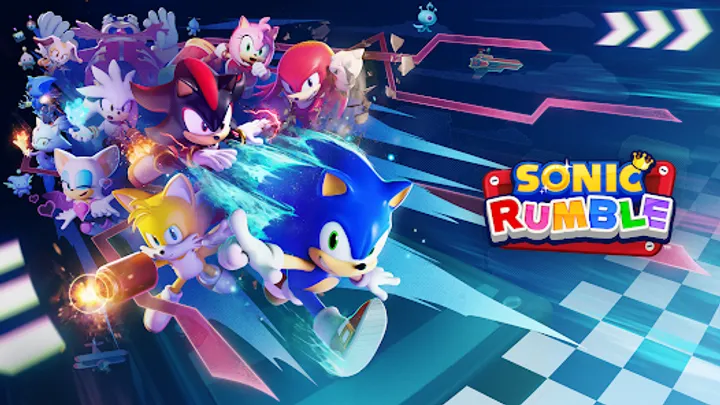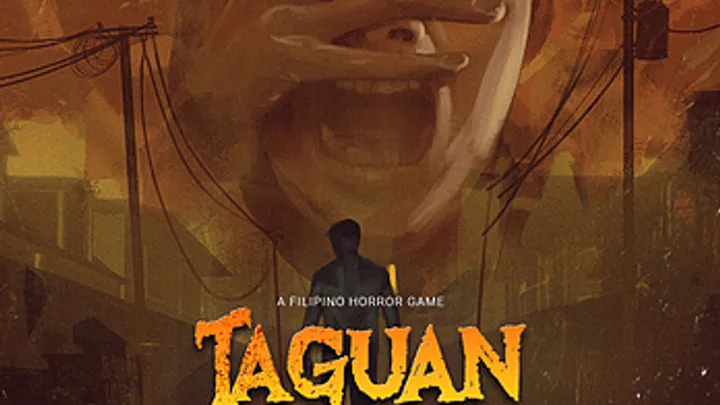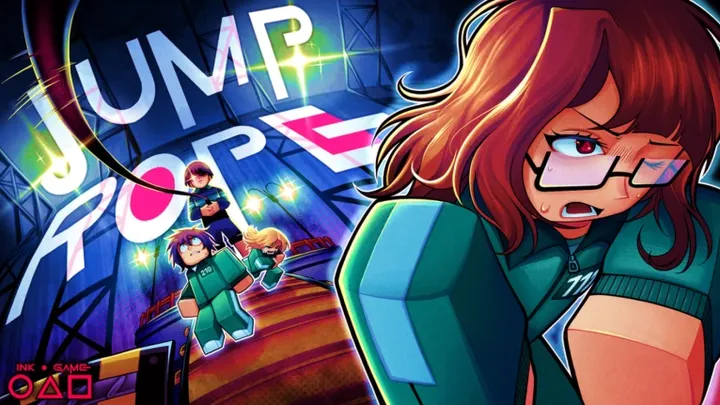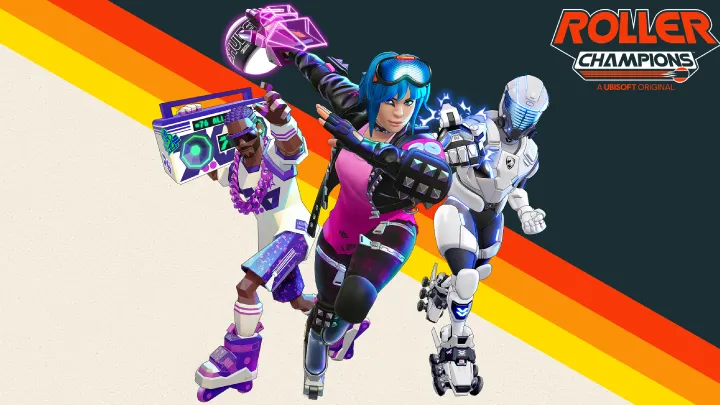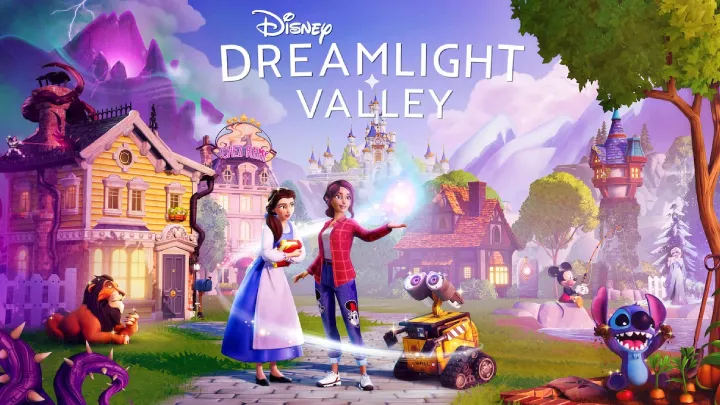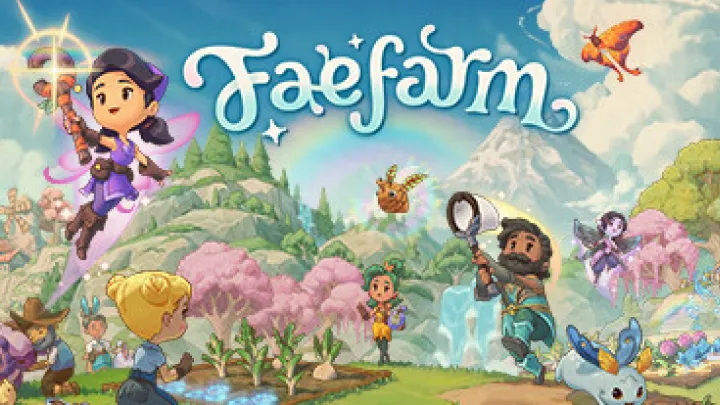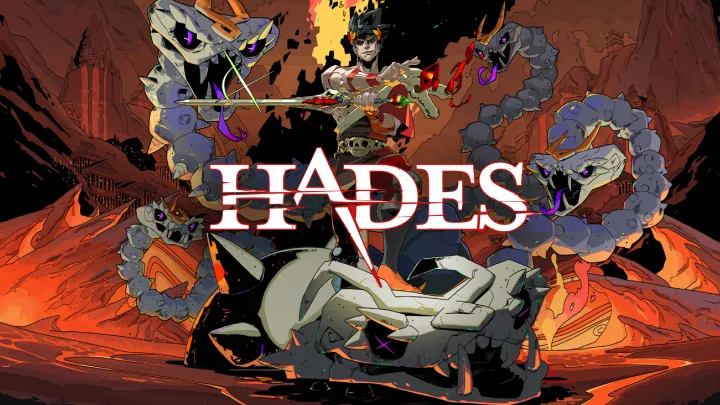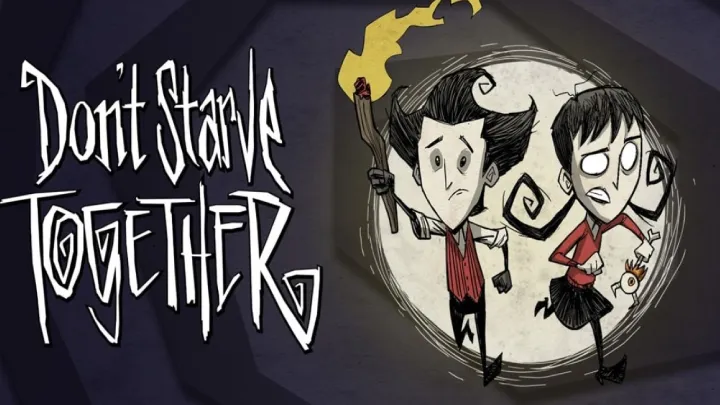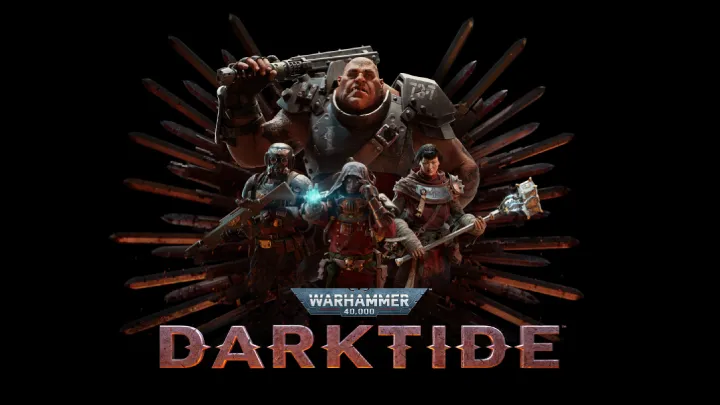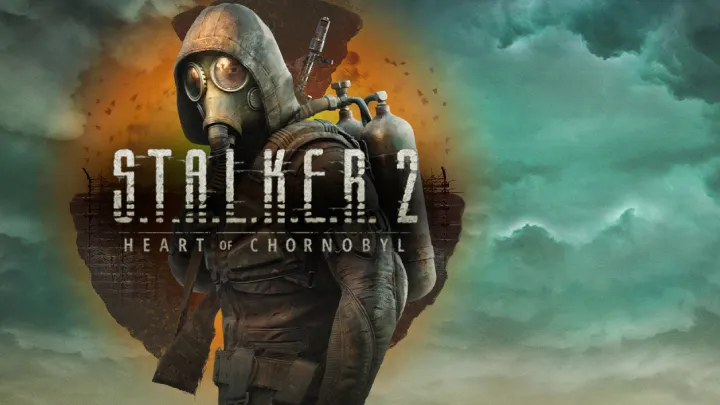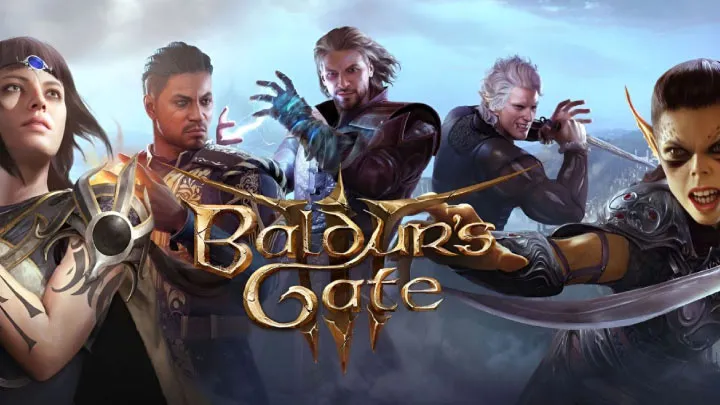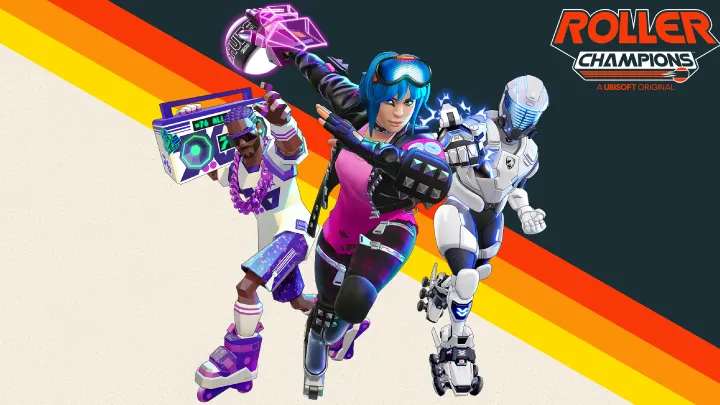
Introduction
Roller Champions, developed by Ubisoft, has carved its niche in the competitive gaming landscape with its unique blend of roller-skating mechanics, team-based gameplay, and vibrant aesthetics. The game focuses on players vying for glory in a fast-paced arena that demands both skill and strategic collaboration. At its core, Roller Champions is not merely about scoring points or mastering intricate moves; it's a comprehensive exploration of teamwork and strategy. The game's design encourages interpersonal cooperation, communication, and shared responsibility, making it a compelling study of how collaboration can elevate performance in competitive environments. This article will delve deeply into how Roller Champions emphasizes teamwork and strategy, exploring the mechanics that shape these interactions, the intricacies of team dynamics, and the impact of camaraderie on the overall gaming experience.
Setting the Stage: The Roller Champions Arena
A Unique Competitive Environment
The arena in Roller Champions is specifically designed to facilitate dynamic gameplay, encouraging players to engage actively and think strategically about their movements and actions.
- Arena Design: The roller rink features ramps, walls, and obstacles that provide distinct pathways and tactical advantages. Players must navigate these elements while maintaining ball control, leading to engaging scenarios where individual skill and teamwork become pivotal.
- Dynamic Gameplay: The fast-paced nature of the matches, combined with the layout of the arena, creates a constantly shifting environment. Players often find themselves in situations where their decisions can either lead to victory or defeat, amplifying the importance of teamwork in decision-making.
This vibrant competitive environment sets the stage for deeper interactions among players, emphasizing the significance of teamwork in achieving success.
Introduction of Characters and Roles
Characters in Roller Champions are not just avatars; they represent unique traits, abilities, and roles that impact gameplay and team strategy. Players can customize their champions, adding a personal touch to the dynamics of the game.
- Character Specialties: Each character comes with specific abilities that can be leveraged strategically. For example, some characters might excel in speed, while others may have enhanced strength or agility. This diversity allows players to develop strategies based on their champions' strengths and weaknesses, emphasizing collaboration as various roles must work together effectively.
- Team Composition: The selection of champions shapes the overall team composition, inviting players to engage in discussions about optimal strategies before matches. Coordinating the strengths and weaknesses of characters fosters communication, which is crucial for success in competitive play.
By understanding the variety of roles and their implications, players can better appreciate how teamwork directly influences their performance in the game.
The Mechanics of Teamwork
Cooperative Play at Its Core
Roller Champions thrives on cooperative gameplay, where success is largely dependent on how players work together to achieve a common goal.
- Passing and Coordination: Effective teamwork requires players to pass the ball strategically while exploiting openings in the opposing team’s defenses. This interdependency reinforces the importance of timing, communication, and situational awareness, as players must be mindful of one another’s positions and intentions.
- Role Assignment: Players often gravitate towards certain roles—some may take on the responsibility of ball handlers, while others might focus on defense or support. This division of labor requires an understanding among team members of their strengths and preferred playstyles, facilitating strategic planning.
The intricacies of teamwork mechanics create a fulfilling gameplay experience, encouraging players to collaborate actively and build upon one another's strengths.
Communication as a Strategic Tool
Effective communication is paramount in Roller Champions, as it fosters a deeper level of collaboration and informed decision-making.
- In-Game Communication: Players can utilize essential communication tools to signal intentions, call for passes, or alert teammates to incoming threats. These communication channels enhance trust and synchronize efforts, allowing teams to execute complex strategies seamlessly.
- Non-Verbal Cues: Beyond verbal communication, players develop non-verbal cues based on familiarity. Experienced teams often establish a rhythm of movement and coordination that allows for intuitive plays without the need for explicit commentary.
By emphasizing communication as a cornerstone of teamwork, Roller Champions engages players in strategic collaboration while fostering connections among team members.
Strategy Development in Roller Champions
Analyzing Opposing Teams
Winning in Roller Champions involves more than just focusing on personal performance; it requires a keen understanding of the opposing team’s strategy and tactics.
- Observing Opponents: Players need to analyze the strengths and weaknesses of their enemies, adjusting their own strategies accordingly. This requires quick thinking and adaptability, as teams may need to pivot mid-game based on opponents' movements and reactions.
- Counter Strategies: Developing counter-strategies based on observations of opponents allows players to exploit weaknesses and shut down aggressive tactics. For example, understanding when to focus on defense if the opposing team relies heavily on fast breaks can change the game’s outcome.
This analytical aspect of gameplay serves to deepen the strategic complexity of Roller Champions, demonstrating that success lies in understanding both individual roles and group dynamics.
Building Synergy Among Players
Developing synergy among team members remains a pivotal strategy that influences a team’s performance throughout the game.
- Adaptive Strategies: Players must continuously adapt their strategies based on the dynamics of their team and the competition. This adaptability fosters a learning environment where teammates help one another develop skills and improve gameplay.
- Establishing Trust: Building synergy involves developing trust and understanding among players. When team members learn each other’s tendencies, it allows for enhanced teamwork in dynamic situations, emphasizing a shared responsibility for success.
By fostering synergy, Roller Champions encourages players to work towards a common purpose, creating a fulfilling communal experience.
The Emotional Dimension of Team Dynamics
The Experience of Victory and Defeat
Roller Champions engages players emotionally, particularly during moments of triumph or failure, reflecting the significance of teamwork in shaping these experiences.
- Celebration of Success: When a team secures a victory, the emotional payoff is amplified by the collective effort involved. Players share in the joy of hard-won achievements, creating lasting memories and a strong sense of community.
- Coping with Losses: Conversely, losses can evoke frustration and disappointment. However, these moments also provide opportunities for players to reflect on teamwork dynamics and identify areas for improvement. Discussing strategies to overcome obstacles can strengthen relationships and foster resilience.
By engaging with both the highs and lows of competition, Roller Champions prompts players to develop emotional resilience while deepening their connections with teammates.
Community and Identity
The bonds formed through teamwork extend beyond individual matches, fostering a sense of community and identity among players.
- Shared Culture: Players often develop shared experiences and camaraderie that transcend gameplay. They celebrate victories together, mourn losses, and build an in-game identity based on their collaborative efforts. This sense of belonging fosters a thriving community within Roller Champions.
- Creating a Legacy: Teams that play regularly can develop a unique identity partnered with memorable moments, rivalries, and traditions. This legacy emphasizes how relationships built through cooperation can lead to a deeper connection with both the game and each other.
This engagement with community and identity underscores Roller Champions’ ability to create a multifaceted gaming experience where friendships and bonds become central to the narrative.
The Role of Competition
Fostering a Competitive Spirit
While teamwork is essential in Roller Champions, competition also plays a vital role in driving players to improve and adapt.
- Rivalries and Motivation: Competing against other teams fosters a spirit of rivalry that can motivate players to sharpen their skills. The stakes of competition push teams to collaborate even more closely, as they must adapt to their opponents and elevate their gameplay.
- Goal Setting: Competitors often set personal and team goals, whether it’s achieving a specific ranking, mastering new strategies, or completing challenges. This drive for improvement enhances the sense of community as players support one another in their quests for advancement.
By integrating competition with cooperation, Roller Champions cultivates a balanced environment where players continually strive for excellence while maintaining a focus on teamwork.
The Fine Line Between Competition and Cooperation
Finding harmony between competition and cooperation challenges players to think critically about their strategies and relationships.
- Navigating Tensions: Players must learn to navigate tensions that arise during competitive play while maintaining the collaborative spirit essential for success. This requires emotional intelligence and strong communication skills, as arguments and disagreements may arise even among the strongest teams.
- Balancing Individual and Team Goals: Players must weigh their personal ambitions against team objectives, often leading to decisions about when to prioritize individual success or collective achievement. This balancing act emphasizes the complexities of social dynamics and the importance of self-awareness within a community.
This exploration of competition and cooperation enriches the narrative, encouraging players to reflect on their relationships while navigating the challenges of teamwork.
Lasting Impact of Roller Champions
The Legacy of Community Engagement
The themes explored in Roller Champions resonate with players, especially in how they engage with community dynamics, teamwork, and personal development.
- Building Lasting Connections: The friendship and community dynamics fostered through collaborative gameplay create lasting bonds. Players often reach out to stay connected beyond the game, emphasizing the social aspects of gaming culture and community.
- Influencing Future Titles: The success of Roller Champions may inspire other developers to explore similar themes in competitive games, emphasizing the importance of social interaction and teamwork in engaging player experiences.
The impact of community engagement extends beyond the gameplay, highlighting how video games can enrich social relationships and foster a sense of belonging.
The Emotional Toll of Competitive Play
Despite the game’s inherent fun and joy, the emotional aspects of competition cannot be overlooked. Roller Champions encourages players to consider how competition interacts with their emotional well-being.
- Emotional Resilience: Competitive settings often evoke strong emotions, prompting players to build resilience against the highs and lows of gameplay. Acknowledging these feelings and learning to cope with challenges contributes to personal growth within the gaming context.
- Reflections on Identity: Through competitive experiences, players are encouraged to reflect on their aspirations and capabilities. By pushing their limits, they discover a deeper understanding of themselves and their approach to teamwork and collaboration.
This emphasis on emotional aspects enhances the overall gameplay experience, making Roller Champions not just a game but a vehicle for personal development and self-reflection.
Conclusion: The Power of Togetherness in Roller Champions
Roller Champions adeptly explores the themes of community, teamwork, and competition, weaving them into a rich and immersive experience that resonates deeply with players. Through vibrant gameplay, cooperative mechanics, and engaging character interactions, players are invited to build connections that transcend the game itself, fostering a sense of belonging in a competitive world.
The interplay between collaboration and individual ambition further enriches the thematic experience, prompting players to engage with both the emotional and strategic layers of gameplay. By celebrating the power of togetherness, Roller Champions not only stands as a thrilling competitive experience but also as a transformative social space, allowing players to explore relationships, grow alongside others, and challenge their capabilities.
Ultimately, Roller Champions serves as a reminder of the profound impact of community, the joy of collaboration, and the strength found in shared journeys—a legacy that will resonate long after the matches have ended.